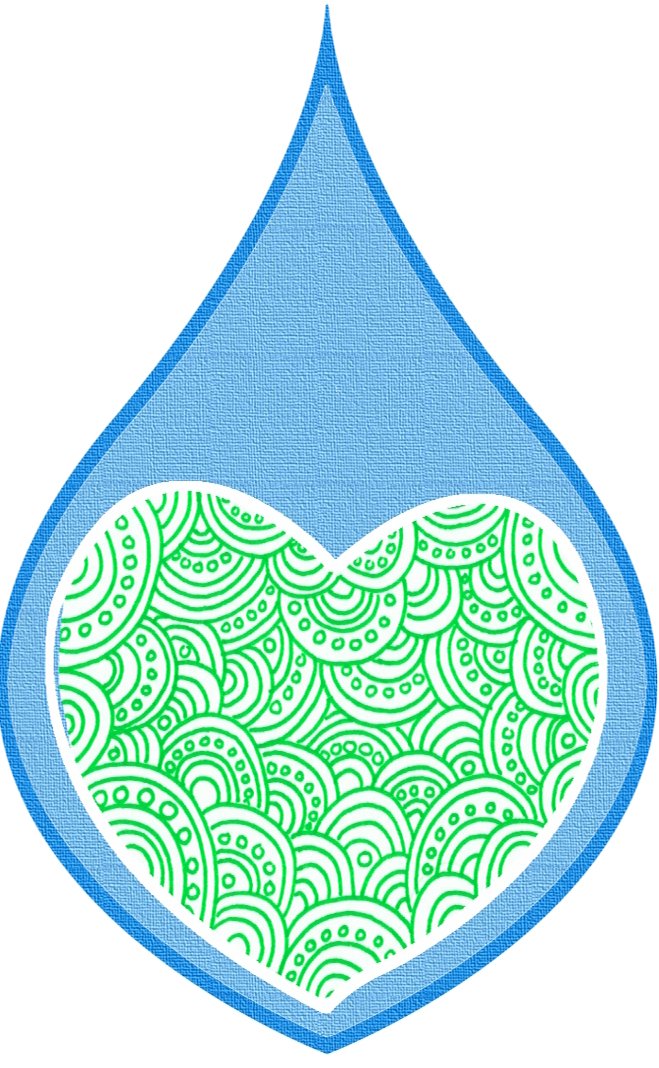Welcome to another edition of Water Heroes. Today I’m writing about Kellogg Schwab who is a Professor in the Department of Environmental Health Sciences at the Johns Hopkins University Bloomberg School of Public Health and Director the JHU Center for Water and Health. He also went on to start the JHU Global Water Program which combines several disciplines from the school to address issues with water. Their goal is to find sustainable and accessible solutions to water needs throughout the world, and this is done through research both in the lab and out in the field. Let’s take a look at some of the work Kellogg has been getting into.
A large part of Kellogg’s work is researching where virus’ and pathogens come from, and improving the detection of them before the water is drank. He is concerned by the lack of monitoring and surveillance of water supplies in many countries, especially the poorest. Through the Global Water Program he is studying how to improve the monitoring of the quality of water which will lead to the implementation of a screening procedure for. In response to this study he is coming up with a “water quality diagnostic toolbox”. This toolbox would include sampling procedures and equipment that would then be sent back to a lab for analysis. These toolboxes could detect E.coli, pesticides, heavy metals, and chemicals in the water. Once the water has been tested and found to have contaminants a strategy for long term monitoring and assessment would be put in place, and treatments can be suggested. Pilot studies of this program are already being conducted in Nicaragua, Ghana and Peru.
Another study being done by the Global Water Program and the Center for Water and Health is looking at the impacts of community owned water vending kiosks in Ghana. Specifically, he wants to know what difference is made when the community is involved and are educated about the impacts of contaminated water vs. someone just dropping a kiosk off and leaving. They are using a water kiosk called the WaterHealth Center (WHC) as the basis of their study. The kiosks are sold to the community and use a number of processes including UV and reverse osmosis to disinfect surface water. Kellogg and his team are collecting data so they can better understand 3 things: how the WHCs improve household drinking water quality, the impact on waterborne disease occurrence, and factors affecting the acceptance and use of the WHCs. He says it perfectly in an interview with EarthSky that, “we have technology to treat water anywhere in the world. However, if you don’t incorporate people’s beliefs and values it will not be sustainable”. Their goal is to help small scale water supply projects understand what the people want and what works for them in order to fulfill their needs. Why do some things work in some places and not in other places? Once this question is answered specific programs can be put in place in a way that they will work for the community.

One last study that I want to mention took the GWP to the Peruvian Amazon to study the water quality in indigenous villages. Because of the amount of logging, mining, and urbanization that has gone on in the Amazon this area was of special interest to them. They went in to test and analyze the water from 20 villages near the Maranon River and from 12 communities near Iquitos for chemical and biological contaminants. What they found was most of the drinking water sources were contaminated with E.coli, and others had heavy metals like aluminum and iron in them. Also, they found that the water was being further contaminated due to how it was being stored. With this information in hand their goal is to develop sustainable and culturally acceptable strategies to improve the quality of the water for these people. I’m sure with all of the knowledge at hand they’ll come up with something great to help these people.
In the end Kellogg says that the key to getting clean water to a community is to empower the people and get them excited about the process as well as educating them on the dangers of dirty water and how to keep clean water clean. His approach of looking at the current state and what is working and what isn’t is a new way to tackle the problem, and seems to be working. Another big part of Kellogg’s success is due to the fact that he is working with a number of universities in order to pull together resources and information. He’s excited about the number of students that are getting involved in water issues, and hopes that the continued interest can lead to more sustainable solutions in the future. No matter what the future holds Kellogg is doing great things for the people that are suffering in the present and for that I say thank you sir! Thanks for reading, and as always please leave a comment letting me know what you thought.
